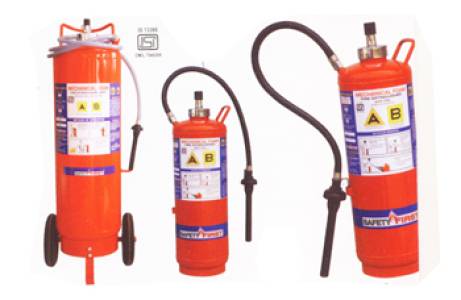
Mechanical foam, also known as polyurethane foam, offers a versatile and high-performing solution for a wide range of applications requiring cushioning, protection, and insulation. Unlike chemically-blown foams, mechanical foam utilizes a physical process, typically high-pressure mixing, to create its unique cellular structure. This results in superior properties and consistent quality.
Key Features & Benefits:
Specifications (Note: These are general guidelines and can vary depending on the specific foam formulation):
Choosing the Right Mechanical Foam:
Selecting the appropriate mechanical foam depends on the specific application requirements. Factors to consider include the required density, firmness, impact resistance, thermal/acoustic insulation properties, and water resistance. Consult with our specialists to determine the ideal foam for your project. We offer a wide range of densities and formulations to meet your specific needs. Contact us today for a quote and to learn more.